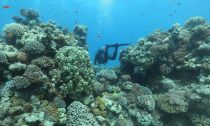
The battle to save the world’s coral reefs is at “make or break point”, and countries that host them have a special responsibility to take a leadership role by limiting greenhouse gas emissions, plastic pollution and impacts from agriculture, the head of the United Nations Environment Programme (Unep) has said.
Speaking to the Guardian after the launch of International Coral Reef Initiative’s international year of the reef, Erik Solheim said he expected governments to take their efforts on reef protection in 2018 beyond symbolic designation.
“We expect governments to step up to concrete actions,” Solheim said.
To kick off that effort, Fiji’s prime minister, Frank Bainimarama, has announced new protections for large portions of the Great Sea Reef, by nominating it a Ramsar si...
Read More

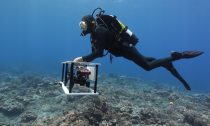
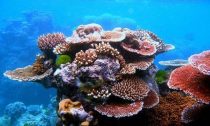

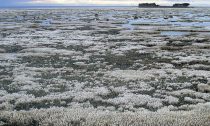
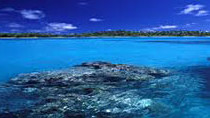

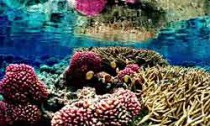
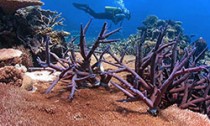
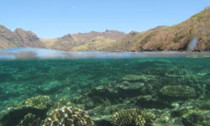


Social Profiles